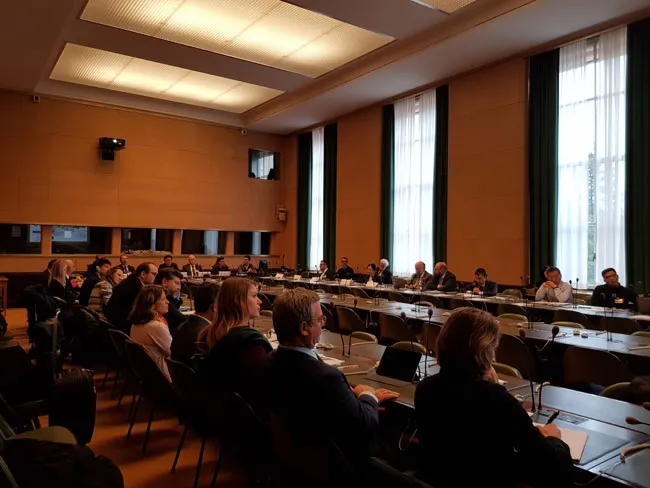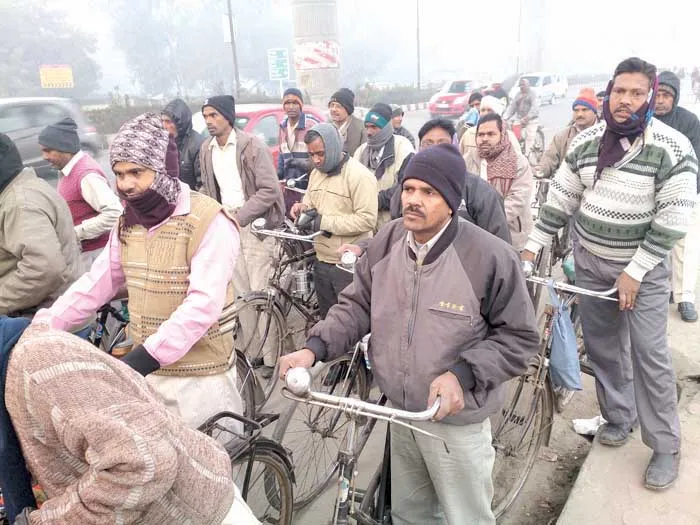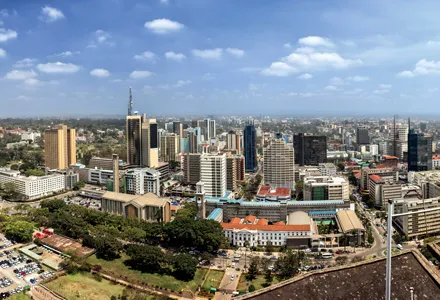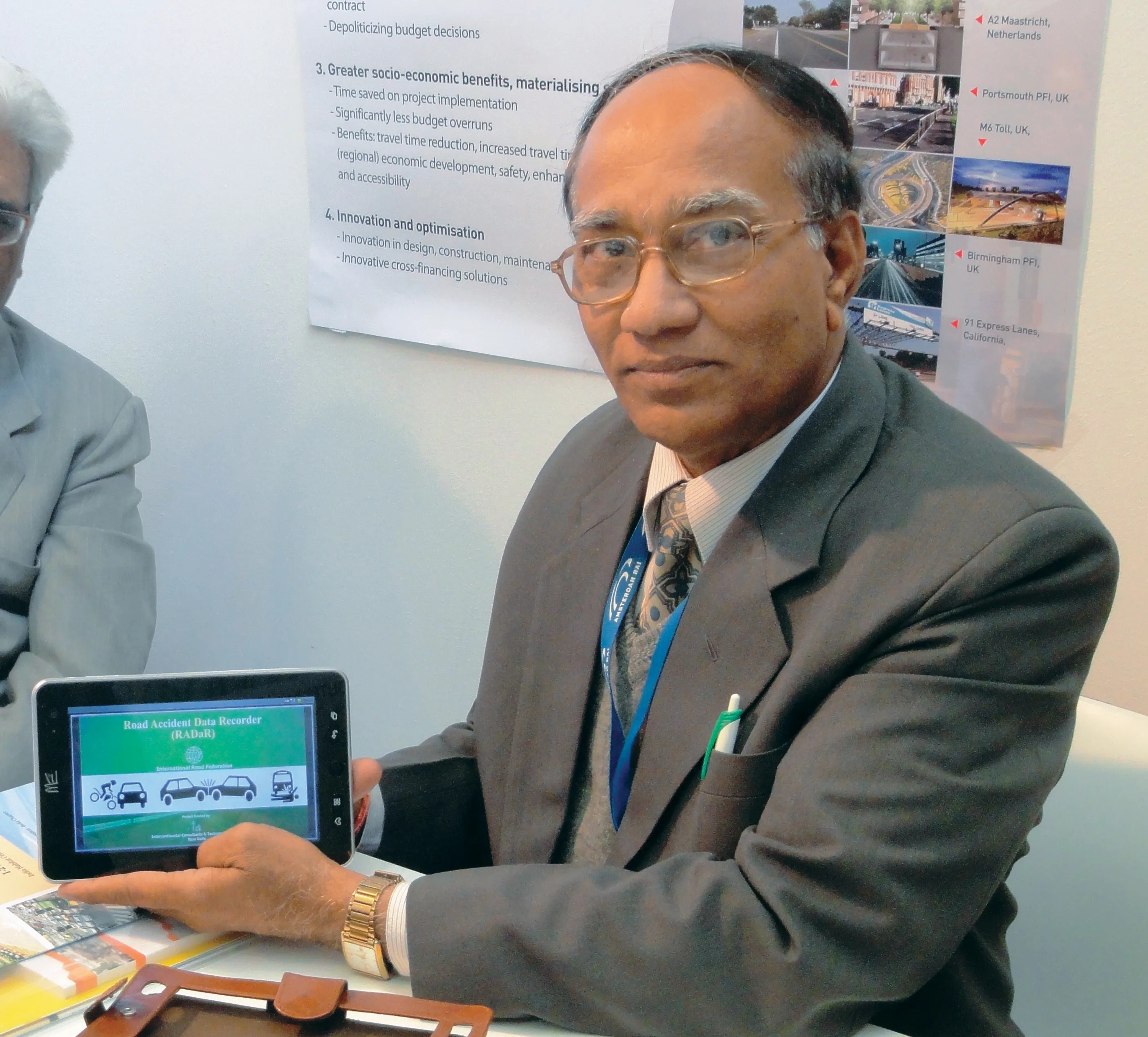
The 81st session on the Inland Transport Committee of the
The event provided a key opportunity to discuss and learn about the latest developments in this fast-moving sector and for an exchange of experience and views between government officials and private sector representatives from all over the world. Participants came among others from Australia, China, India, Nepal, Nigeria, Greece, UK, Germany. With riveting and inspirational speakers from – in between others -
One clear point emerged from the discussion: the public and private sector must do more to consult and involve the communities that will be impacted by new developments to make sure that solutions really answer their needs. Solutions adopted should in the end substantially improve the quality of life everyone.
The concept of “Mobility as a business” as opposed to “Mobility as a Service” was also debated with some interesting points being brought to the table by the industry. Representatives from India and China gave an overview of current developments in their country and of priorities for the short, medium and long term.
IRF, in close collaboration with UNECE, will be working on developing enabling frameworks that will allow to properly address the new challenges our sector is facing.
For more information, contact the IRF Secretariat: %$Linker:









